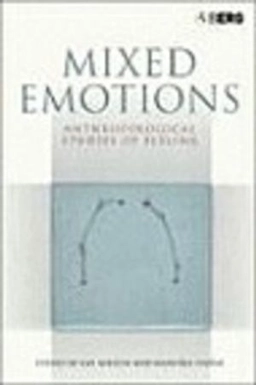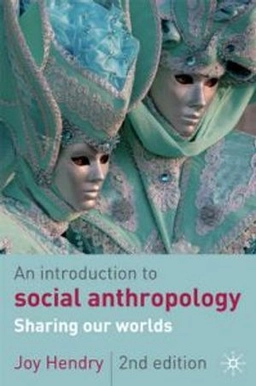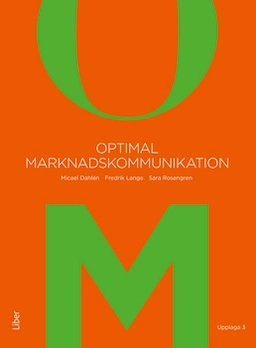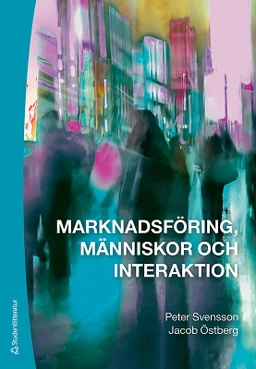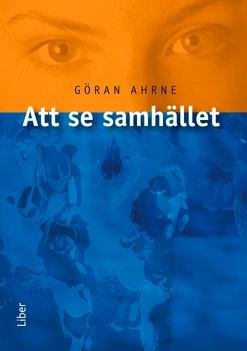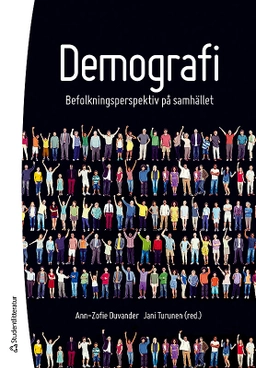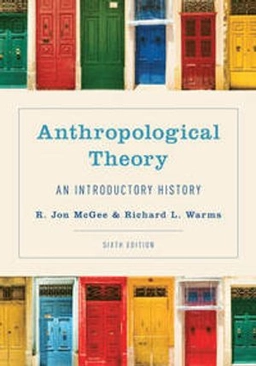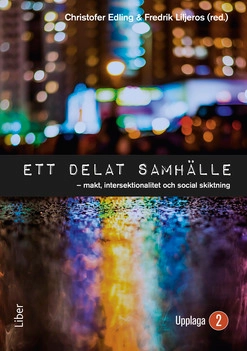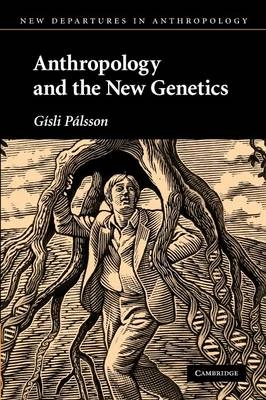

Anthropology and the new genetics
- Utgiven: 2007
- ISBN: 9780521671743
- Sidor: 284 st
- Förlag: Cambridge University Press
- Format: Häftad
- Språk: Engelska
Om boken
Åtkomstkoder och digitalt tilläggsmaterial garanteras inte med begagnade böcker
Mer om Anthropology and the new genetics (2007)
2007 släpptes boken Anthropology and the new genetics skriven av Gísli Pálsson. Den är skriven på engelska och består av 284 sidor. Förlaget bakom boken är Cambridge University Press.
Köp boken Anthropology and the new genetics på Studentapan och spara uppåt 41% jämfört med lägsta nypris hos bokhandeln.
Referera till Anthropology and the new genetics
Harvard
Oxford
APA
Vancouver
